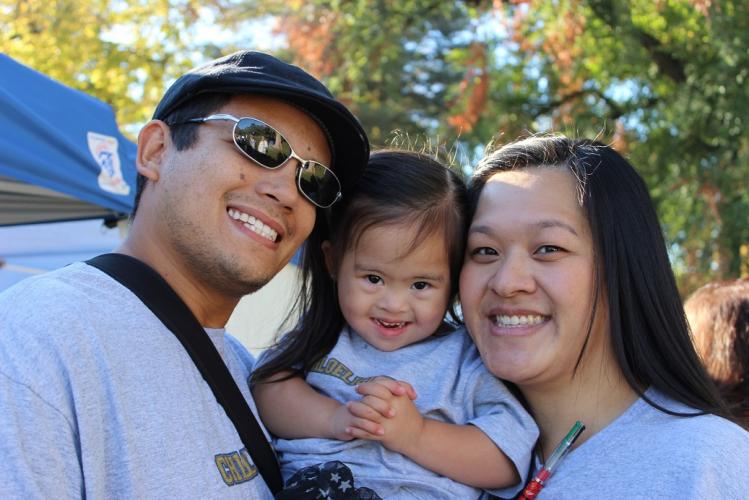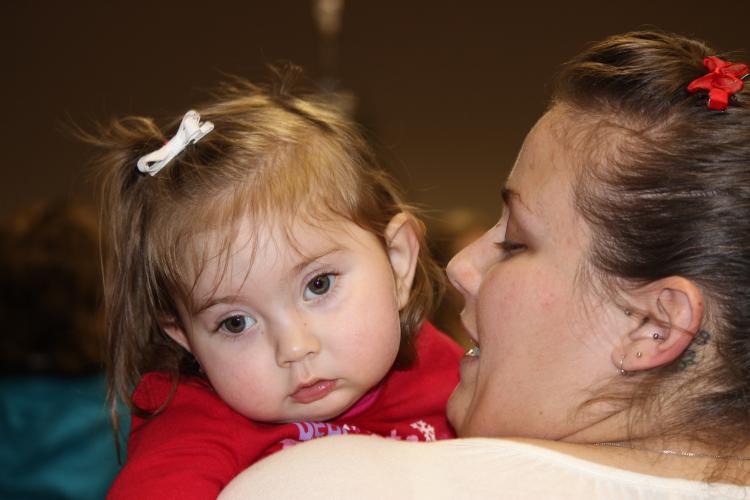Early Intervention: Rights and Protections
For Families with Children under 36 months
Early intervention services, provided through the California Early Start Program, to eligible children and families are federally mandated by the Individuals with Disabilities Education Act (IDEA) and in California by S.B. 1085, the California Early Intervention Services Act.
In Early Start, parents have rights and protections to resolve disagreements related to Early Start services or allegations that a federal or state statute or regulation has been violated. The following procedures are only for children under the age of three years.
The Early Start Intake Process
What happens after you are referred?
If you suspect that an infant or toddler has a developmental delay or atypical development then it is important to make a screen and make a referral (evalúe y refiera).
The first step in determining eligibility for the Early Start program is to call the Early Intervention Intake line at (916) 978-6249 to speak to one of the coordinators. Referrals can be made by a parent, health or education provider, childcare or social service provider or a staff person from the NICU or hospital just to name a few.
The Individualized Family Service Plan
Planning for your Family's Success
The Individualized Family Service Plan (IFSP) is the foundation of services that are family-centered. It is based on the child’s strengths and family concerns and priorities for the child. Parents are to actively participate in the process of assessment and planning by gathering information about medical and developmental history and by sharing observations about the child’s strengths, talents, preferences and difficulties.
Early Intervention Mandated Services
Early intervention services are described in federal regulations for Part C of the Individuals with Disabilities Education Act (IDEA), (Section 303.13 and 303.13) which follow.




